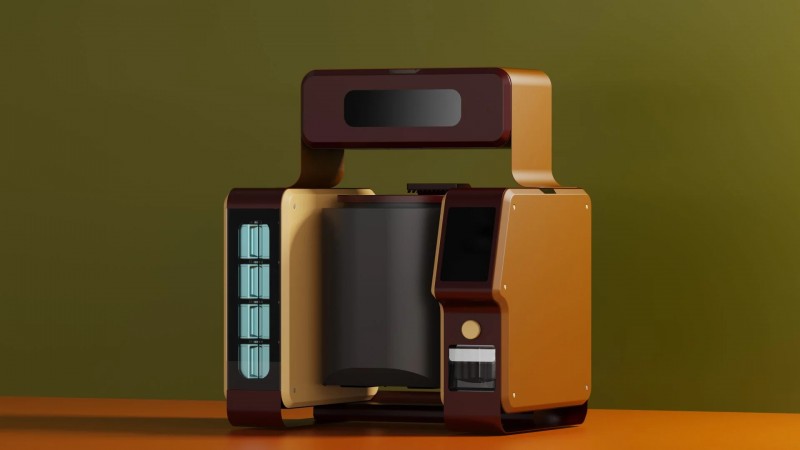
New Delhi:- After working in the food industry for several years, Shirley Chen witnessed the challenges of managing staff and training for restaurant expansion. When she met her future co-founders, she saw an opportunity to leverage their expertise in chemistry and electrical and electronic engineering, as well as her food and beverage background, to create a robotics company that could automate and standardize chain restaurant cooking.
In 2021, Chen co-founded her Botinkit in Shenzhen and quickly took the startup's cooking robots beyond its home base to markets such as Japan and the US. As part of its steady expansion, Botinkit today announced it has raised $13 million in Series A funding, part of which will be used for expansion in the Middle East and Europe next year.
Forebright led the round, and his investors included 5Y Capital and Brizan Venture. With this latest injection of funding, Botinkit has raised nearly $20 million so far. Perhaps the most notable investor in this round is Hong Kong University of Science and Technology professor Zexiang Li, known for his angel investment in drone giant DJI. Cheng studied at the Hong Kong University of Technology, which has grown into a hardware innovation center where students turn academic research into commercial ideas.
Also Read:- The Unconventional Events of the 1900 Paris Olympics: Live Pigeon Shooting and Tug of War
Meanwhile, Li and his investment partner Gao Binqiang, a Hong Kong University of Technology professor, support students with money and other resources. Gao He is also an investor in Botinkit. Botinkit sees California-based Myso Robotics as a potential competitor, but the two companies are expanding their operations in a variety of cooking technology areas.
Miso's hamburger seesaw robot has helped close deals with major chain stores such as Jack in the Box and White Castle. Botinkit's wok-shaped robot, on the other hand, is specialized in frying and stewing, and has an extra arm that can take the place of a human when adding ingredients. The company is currently developing a flyer model, which will be released next year.
According to Botinkit, automation reduces food loss by 30% and energy loss by 40% compared to commercial gas stoves. But another key selling point of his robot is its ability to facilitate restaurant expansion across regions, Chen said in an interview with TechCrunch.
Also Read:- Surya Dev: Sun God
One of the biggest hurdles restaurants face when expanding is finding and training a large number of employees, which can slow growth. Even with sufficient staff, it can be difficult to maintain consistent quality control in new markets.
According to Chen, a typical 100-square-meter kitchen requires six to 10 employees, but Botinkit's robots can reduce that number to just one or two. This means that a 500-store franchise restaurant could potentially cut kitchen staff from 5,000 to a few hundred.
“In the past, cooking was limited by time and geography,” Chen suggested. “But the digitization of cooking opens up a lot of new possibilities, such as remote cooking. Suppose I am in Shenzhen and you are in the US, we can use our software and hardware systems to ‘cook’ for you remotely. It's an incredibly exciting prospect."
Also Read:- The Exploration of Morality in "Crime and Punishment" by Fyodor Dostoevsky
Botinkit's current robots are equipped with temperature sensors, but the startup is investing part of its new funding into developing multimodal sensors that can also detect tastes and smells. The ultimate goal is to use artificial general intelligence (AGI) to allow robots to understand human preferences and improve the cooking process based on data feedback, Chen said.
While most of Botinkit's revenue comes from hardware sales, the company has started making money by creating custom recipes for customers through its global network of partner chefs. Customers range from fast food chains and hotels to catering services and supermarkets. In China, his robots are cooking at Walmart and Deli Bowl stalls.
Also Read:- Beethoven: The Deaf Composer Who Transcended Music
The new Startup that started making best AI computerised robots that will help in the kitchen to make and process food. This robot is made according the restaurant chains that will help them improve the speed and will also save the time of making the food